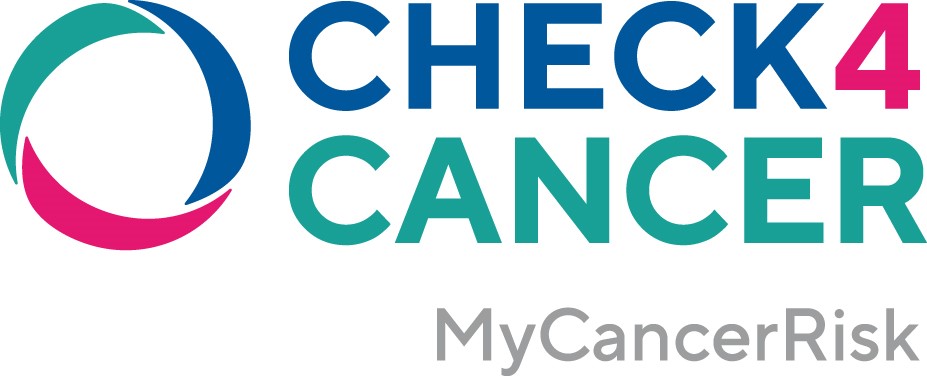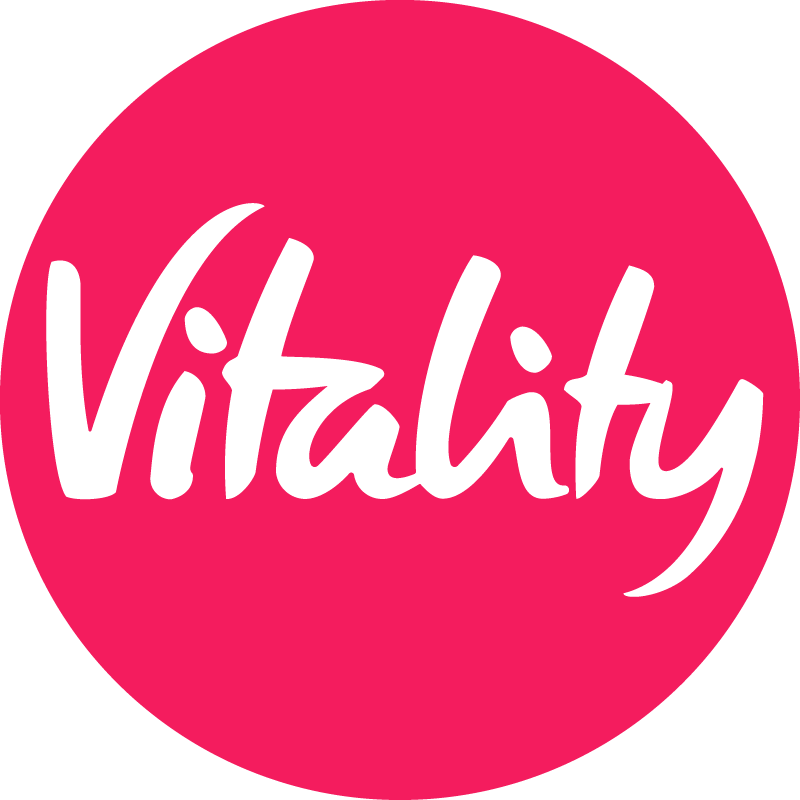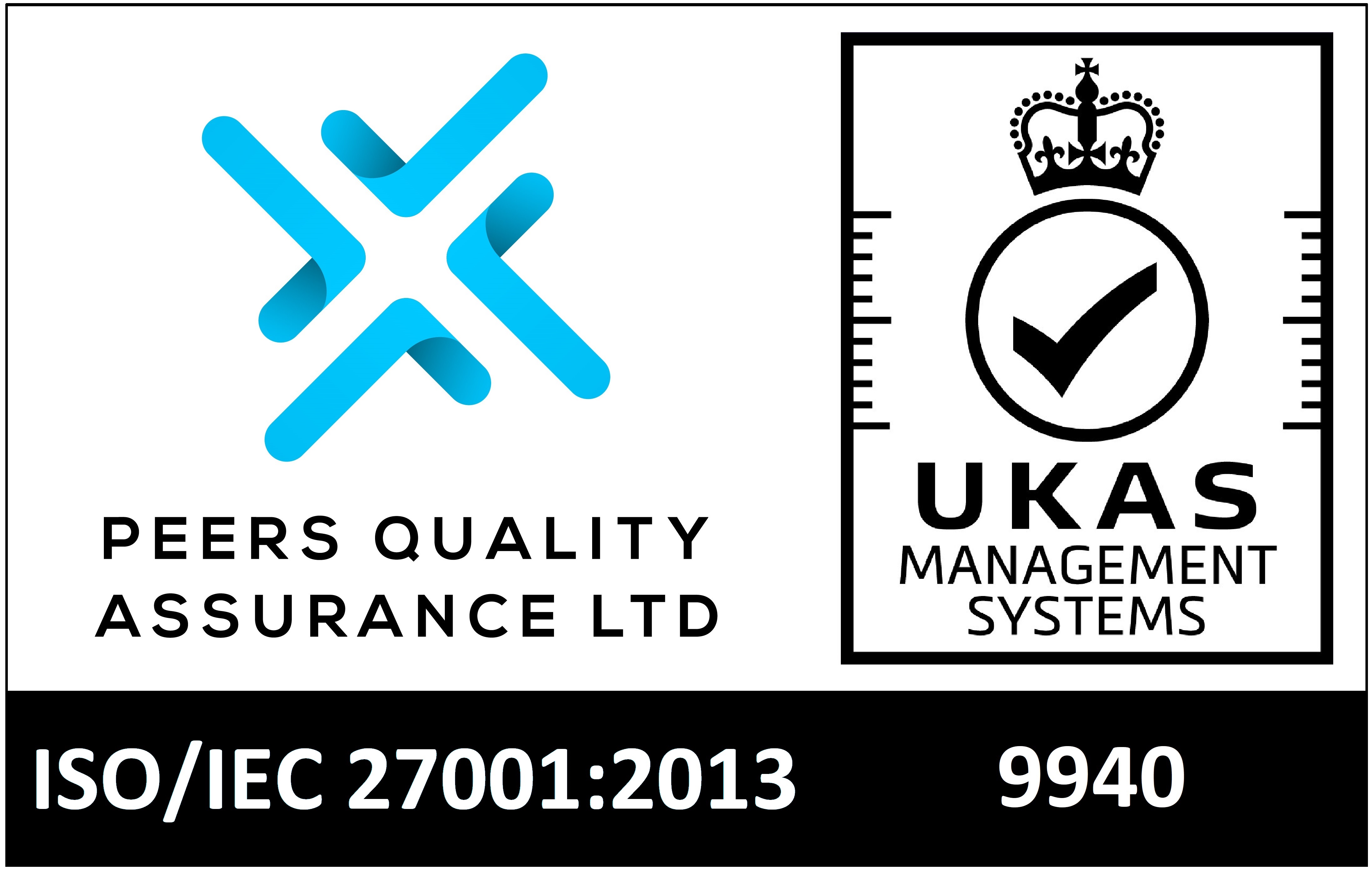Did you know that more than 40% of all cancers diagnosed in the UK are attributed to lifestyle and environmental factors1 and that 42% of cancers in the UK are preventable!
Although a person’s risk of developing cancer depends on many factors, such as family history, genetics, age, and exposure to environmental risk factors, you are in complete control of your personal lifestyle risk factors such as weight, physical activity, smoking, alcohol intake, and diet.
One in two Britons born after 1960 will get cancer during their lifetime which means taking control of your personal health has never been so important in helping you to reduce your overall cancer risk.
In 2014 cancer scientists and specialists from across Europe created a European Code Against Cancer 2 in which they gave 12 recommendations on how to reduce your cancer risk. We’re going to look at the 12 ways to reduce your cancer risk, so you can take preventive measures in your lifestyle choices to help minimise your overall risk of this disease.
1. Do not smoke
- Smoking kills up to half of long-term users.
- 89% of lung cancer cases in the UK are preventable and 86% of these are linked to smoking.
- Smoking causes at least 15 different types of cancer and tobacco is the biggest cause of cancer in the world.3
2. Avoid passive smoking
- Exposure to second-hand smoke at work and at home is associated with avoidable illnesses, including cancer. It is also especially harmful to children.
3. Maintain a healthy weight
- Obesity is the second biggest cause of cancer in the UK - more than 1 in 20 cancer cases are caused by excess weight, including breast and bowel cancer.4
4. Being physically active in everyday life
- You should aim for at least 30 minutes of moderate physical activity every day.
- Keeping active also helps you to control your weight. By being active and maintaining a healthy weight, you can help reduce your risk to 13 different types of cancer5.
- Being physically active can help you reduce your risk of bowel and breast cancer6.
5. Have a healthy diet
- 54% of bowel cancer cases in the UK are preventable.7 There is strong evidence that a diet high in red and processed meat can increase your risk of bowel cancer. Trying to reduce your consumption is therefore a great way to improve your health.
- Increasing your consumption of high-fibre foods, including a variety of vegetables, wholegrains, nuts, seeds, and pulses in your diet whilst reducing your intake of foods that are high in sugar, salt, and fat will help contribute to a healthy diet and help reduce your cancer risk.
6. Avoid alcohol
- Alcohol has been linked to causing 7 types of cancer, including breast, mouth, and bowel cancer. 8
- If you can limit your intake of alcohol, then this will help reduce your cancer risk.
7. Avoid too much sun
- Over 80% of skin cancers are caused by UV radiation which means they can be prevented.
- Avoid sunbeds.
- Avoid overexposure to the sun. Move into the shade from 11.00hrs – 15.00hrs when UV is strongest.
- Apply a high factor 4* rated waterproof sunscreen regularly.
8. Avoid pollutants
- In the workplace, protect yourself against cancer-causing substances by following health and safety instructions.
- The types of work which could carry a higher risk are working in manufacturing and mining where you might be exposed to working with asbestos and diesel engine exhaust fumes. Another example is agriculture and forestry where exposure to pesticides and herbicides could increase your risk.
9. Avoid radon
- Radon causes about 1,000 lung cancer deaths in the UK every year9. But most radon-related lung cancers are caused by the combined effects of smoking and indoor radon gas.
- Radon is a naturally occurring radioactive gas caused by the natural decay of minute amounts of uranium that is present in all rocks and soils underneath us.
- Radon gas is odorless, colourless, and tasteless.
- Radon gas is most prevalent in Cornwall and Devon (please refer to the ‘Getting help and further advice' section of this blog for more information on areas in the UK with high concentrations of radon gas).
10. Advice for women
- Having children, especially at a younger age, and breastfeeding can help reduce your breast cancer risk.
- Hormone therapies, such as HRT and some high-dose oestrogen-only oral contraceptives, have been found to cause a slight increase in the risk of breast cancer. In both cases, the risk is temporary and will decline over a period of years after the treatment is stopped.
11. Get vaccinations
- Did you know that the Hepatitis B vaccine given to newborns helps protect them against liver cancer which is caused by the Hepatitis B virus.
- HPV (human papillomavirus) vaccinations are given to male and female students in school to protect them from the virus.
- The HPV virus can infect both men and women. In women, it may lead to cervical cancer, and for men and women it may lead to cancer of the anus or mouth cancer.
12. Take part in organised cancer screening programs for bowel, breast, and cervical cancer
- Cancer screening is designed to detect cancers before symptoms appear, and when cancer is diagnosed early, treatment is often easier and more successful.
- When you are invited to attend the NHS national screening programmes for bowel, breast, and cervical, make sure you attend. You can also access private cancer screening if you wish to.

Check4Cancer offers a range of cancer screening tests that cover the six most common cancers in the UK which are breast, bowel, cervical, lung, prostate, and skin cancers here.
Getting help and further advice
Help with quitting smoking
- Find out more about starting a smoking cessation programme with the NHS by clicking here.
For information on NHS national cancer screening programmes, click here
For independent science-based facts and advice to help you make better choices about drinking, visit Drinkaware
NHS guidelines on eating red meat, click here
For UK Radon Advice, click here
References
1 https://www.cancerresearchuk.org/health-professional/cancer-statistics/risk/preventable-cancers#heading-Two
2 https://cancer-code-europe.iarc.fr/index.php/en/ecac-12-ways
3 https://www.cancerresearchuk.org/about-cancer/causes-of-cancer/smoking-and-cancer
4 https://www.cancerresearchuk.org/about-cancer/causes-of-cancer/obesity-weight-and-cancer/does-obesity-cause-cancer
5,6 https://www.cancerresearchuk.org/about-cancer/causes-of-cancer/physical-activity-and-cancer/what-are-the-benefits-of-exercise#:~:text=Keeping%20active%20can%20help%20you,and%20has%20many%20other%20benefits.
7 https://www.cancerresearchuk.org/health-professional/cancer-statistics/statistics-by-cancer-type/bowel-cancer#heading-Three
8 https://www.cancerresearchuk.org/about-cancer/causes-of-cancer/alcohol-and-cancer
9 https://ukhsa.blog.gov.uk/2015/03/20/five-facts-every-home-owner-should-know-about-radon/




